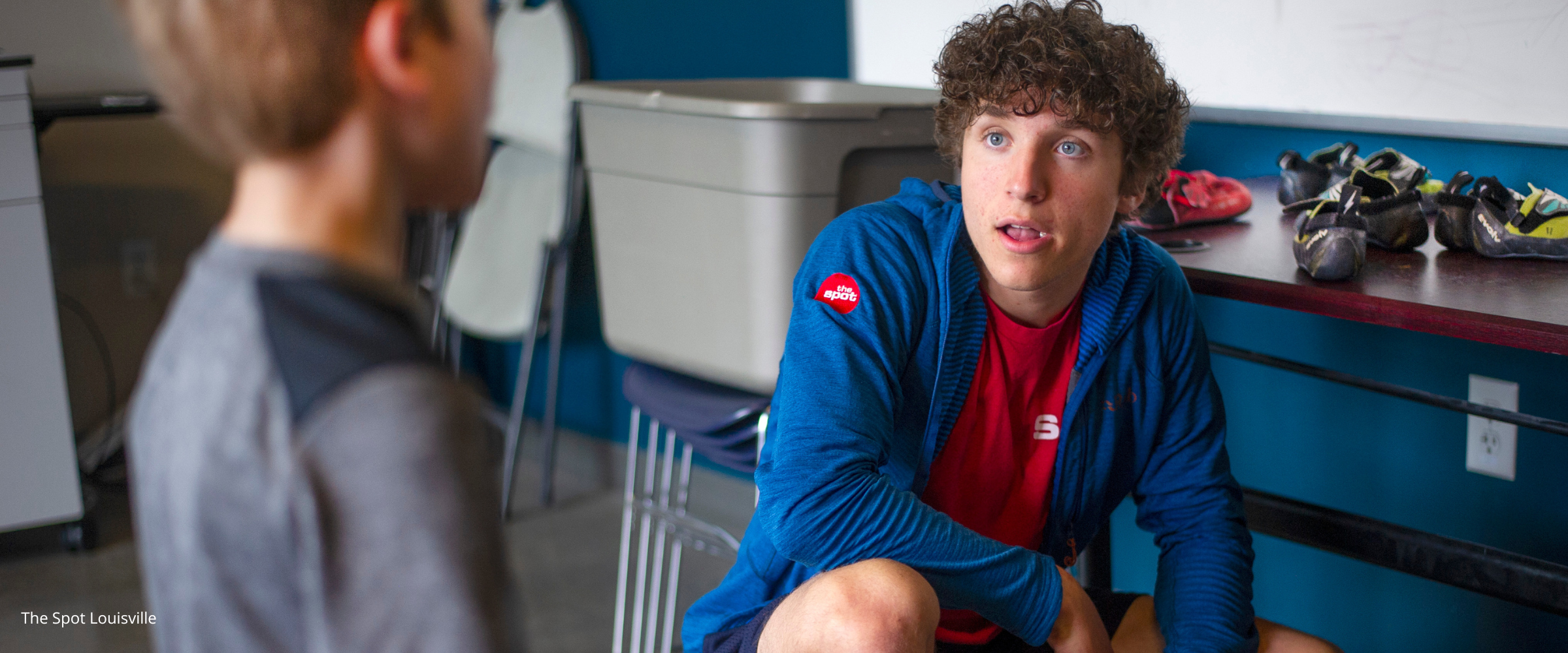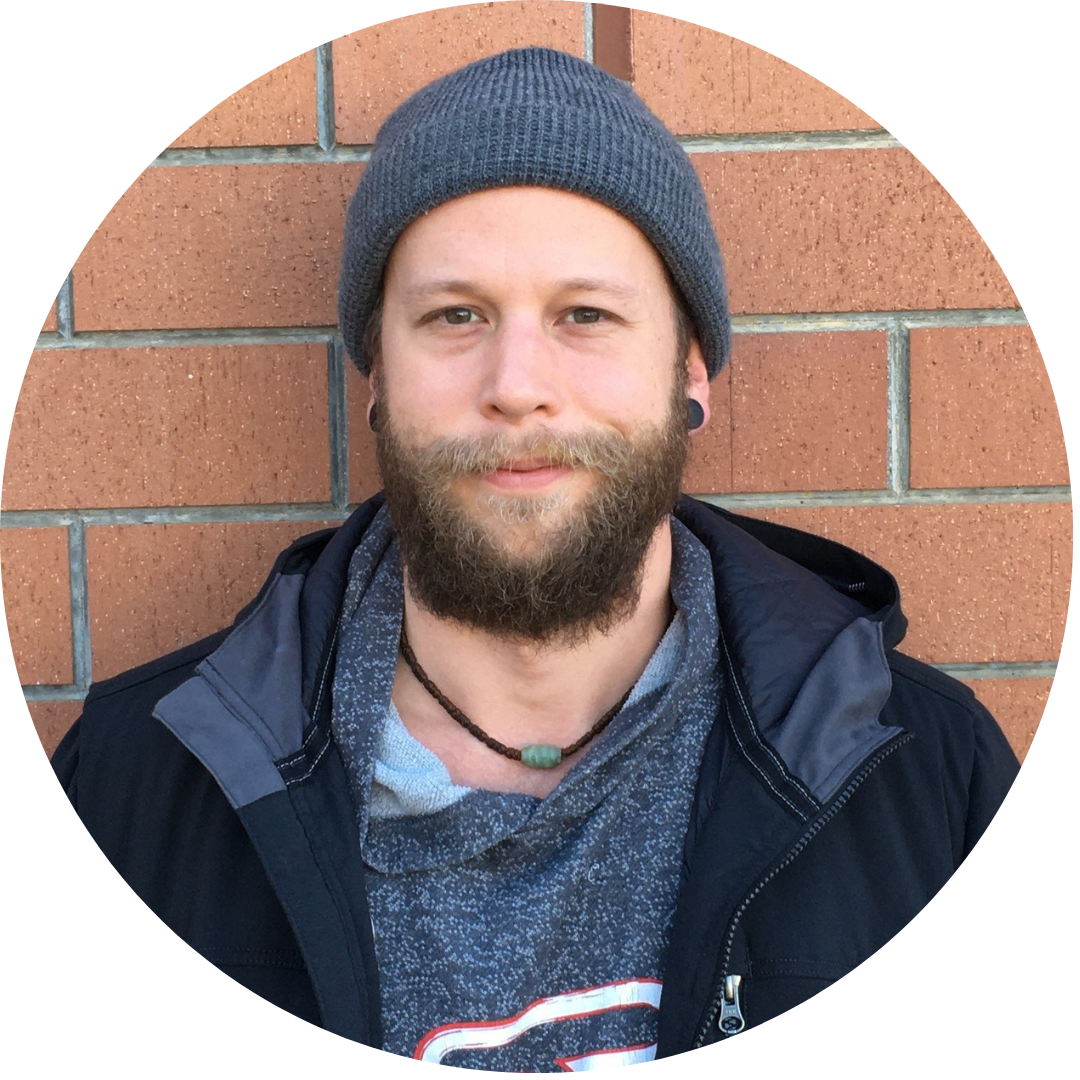A Common Misconception of Coaching

When hiring new coaches to facilitate youth teams, prior experience, skill, and knowledge aren’t as critical as we might think.
In my experience over nearly a decade of coaching and hiring coaches, a very common refrain when feeling out a candidate is: “I’m not strong enough.”
As interest in our sport grows, facilities are faced with the problem of providing an adequate amount of instructors and mentors to meet this burgeoning new popularity. It is my intention here to offer up some empirical insight to help bolster the ranks of capable coaches involved with our youth programs.
Overcoming Misconceptions to Recruit Coaches
While some teams may be fortunate enough to garner a battery of pre-qualified coaches; the rest of us have to actively pursue prospects we believe could be a good fit.
There is obviously an element of trial and error involved here—not everyone we suspect to be up to the task hits the mark—but by and large, this personable and direct approach allows us to debunk the common myth of needing to be a V13 climber in order to instruct the next generation. I have found that many potential applicants never even bother applying because they believe they are unqualified; interest is there (and as we’ll discover, interest goes a long way to making a good coach), but the idea isn’t really entertained due to this glaring misconception.
READ ALSO: Keep Your Climbing Teams Injury Free
By initiating the conversation, we can acknowledge this perception and reassure candidates that “climbing hard” isn’t everything.
While I do believe a certain level of climbing experience is desired, I can only hazard an educated guess as to what is ideal: let’s say roughly 2-4 years (200-300 hours of climbing experience) of consistent climbing, indoor or outdoor.
This would potentially vary depending on the team level they would be coaching:
- Introductory/recreational
- Intermediate
- Advanced
- Competitive
- Elite
- Whatever other qualifiers may be attributed to a team’s intention.
This requisite of experience supports some familiarity with jargon, environment, injury avoidance, proper movements, and equipment, as well as intimating passion for the sport.
With this qualification satisfied, we can confidently forgo the applicant’s project level and gauge their interest and enthusiasm for an opportunity to coach.
Attitude Is Everything
As a coaches’ enthusiasm for climbing and training is infectious, it goes a long way to building a strong and vibrant team atmosphere.
Most people respond well to positive reinforcement and encouragement, regardless of their age, but this may be even more crucial when we consider the pivotal developmental stages of our youth.
Contrast this with a top-notch climber who gets bored reviewing fundamentals or can’t be bothered to help an athlete on their V3 project, and you’ll begin to see my point.
A passionate coach will eagerly wish to engage with any athlete working hard toward their goal, whatever that may be. Any gaps in their knowledge or experience can be addressed by working along with other tenured coaches, and you won’t have to pull teeth to encourage their development.
It has been my experience that an enthusiastic coach will initiate and facilitate a lot of their own learning:
- Asking questions
- Exploring complementary skillsets such as weight training, personal training, sports psychology, etc
- Attending competitions
- Learning to lead, etc.
By properly encouraging and fostering participation from someone who otherwise would not have applied for the role on their own, their interest and excitement will quickly fill in the gaps of their inexperience or “lack of strength.”
Nurturing these emotions is perhaps of equal importance, as someone who feels unsupported in their desire to develop and learn will quickly burn out and lose the effervescence that a healthy program needs.
Continuing to Develop Coaches
The significance of having (and retaining) a qualified head coach is a conversation best saved for another time, but I will say that their involvement in the hiring and vetting process is of critical importance.
If we decide to go down the route of weighing enthusiasm over “skill,” then we need to consider how these new coaches will develop along the way. Whether the coach is actively interviewing candidates or not, their buy-in and compatibility with the team is vital.
We can’t justly expect new coaches to gain any significant experience if they don’t vibe with the head coach or embrace the spirit and culture of the team. Enabling these various aspects of your coaching staff to meet and establish some rapport prior to onboarding and the start of the season can help pave the way to a successful relationship, and the ensuing atmosphere will benefit the entirety of the youth program.
Our sport is rapidly changing and tuning itself, and there are far more nuanced needs for a climbing team program than pulling hard.
Whether we continue to see a flavor-of-the-month approach to competition setting or recognize how much more research has gone into sport-specific training methods, the terrain—just like the sport—is constantly in flux.
This necessitates that a successful program is as adaptable as a climber, willing to embrace new methods and new movements. Ergo, the successful program will need people who begin their journey humbly, acknowledging the deficits in their ability and knowledge from “go,” who will be far more likely to retain a sense of wonder at things they do not know, constantly striving to learn and improve, and adapting to the ever-changing conditions of climbing.
Interested in Taking Your Coaching Career Higher?
Learn about CWA Certifications and how they will benefit your career growth.
About the Author
 Chris Oshinski is the assistant director for Sportrock Climbing Centers Sterling, VA location, passionate for teaching youth and addressing inequalities. Having obtained an MA in Public Sociology in 2018, Chris loves to explore the myriad forms of agency vis-a-vis individual and collective efforts at fostering social justice and human rights.
Chris Oshinski is the assistant director for Sportrock Climbing Centers Sterling, VA location, passionate for teaching youth and addressing inequalities. Having obtained an MA in Public Sociology in 2018, Chris loves to explore the myriad forms of agency vis-a-vis individual and collective efforts at fostering social justice and human rights.
